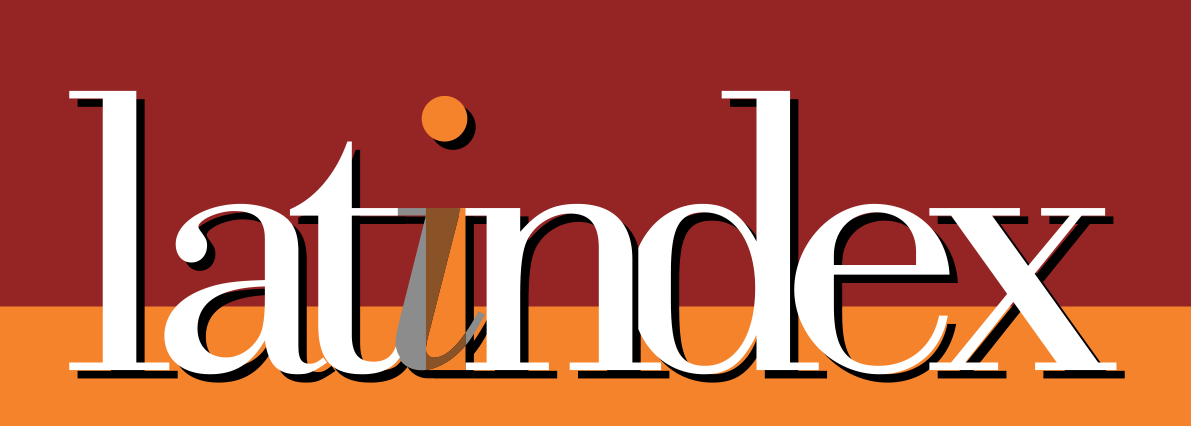CONSTITUTIONAL CONVERSATIONS: AN ANALYSIS OF MARCELO NEVES' THEORY OF TRANSCONSTITUTIONALISM
DOI:
https://doi.org/10.63835/1a8wh105Keywords:
Transconstitutionalism, Marcelo Neves, Constitutional Conversations, Dialogue between Legal Orders, Modern ConstitutionalismAbstract
This article analyzes Marcelo Neves' theory of transconstitutionalism as a theoretical response to the crisis of modern constitutionalism, whose state-centric paradigm proves insufficient in the face of the challenges of a globalized and multicentric world society. Issues such as the protection of human rights and environmental regulation transcend national borders, requiring new forms of legal interaction. The objective of this paper is, therefore, to explore the foundations, key concepts, and applicability of transconstitutionalism. The methodology employed is qualitative bibliographical research, with an analysis of the works of Marcelo Neves and his main interlocutors. The study delves into the pillars of the theory, such as "constitutional conversations," understood as a method for absorbing dissent, and the construction of "transitional bridges" to constructively manage the fragmentation of law. It is demonstrated how the model overcomes the classic dilemma between monism and pluralism by proposing a heterarchical network of dialogue among multiple legal orders—state, international, and non-state. The practical relevance of the theory is illustrated by the analysis of emblematic cases, which reveal reciprocal learning between different jurisdictions. It is concluded that transconstitutionalism offers an indispensable theoretical framework for contemporary constitutional theory, allowing for a more sophisticated analysis of complex global legal interactions, although it is recognized that its practical effectiveness faces the limits imposed by power asymmetries on the world stage.
Downloads
References
BARROS, Hugo Marinho Emidio de; NASCIMENTO, Felipe Costa Laurindo do. Globalização e proteção aos direitos humanos: do transconstitucionalismo ao constitucionalismo multinível no desenvolvimento de um direito constitucional internacional. Revista Jurídica Luso-Brasileira, ano 7, n. 1, p. 615-639, 2021.
COSTA, Bernardo Leandro Carvalho; ROCHA, Leonel Severo. Fragmentos de constituição e transconstitucionalismo: cenários atuais da teoria constitucional. Revista da Faculdade de Direito do Sul de Minas, Pouso Alegre, v. 34, n. 1, p. 1-26, jan./jun. 2018.
ELMAUER, Douglas. Transconstitucionalismo: do acoplamento estrutural à racionalidade transversal. Revista da Faculdade de Direito da Universidade de São Paulo, v. 108, p. 855-864, jan./dez. 2013.
HENRIQUES, Antonio; MEDEIROS, João Bosco. Metodologia científica na pesquisa jurídica. 9. ed. rev. e reform. São Paulo: Atlas, 2017.
MARÇAL, Julia Dambrós; FREITAS, Riva Sobrado de. O transconstitucionalismo como meio de fortalecimento do sistema interamericano de direitos humanos e constitucional dos estados latino-americanos. Unoesc International Legal Seminar, Chapecó, v. 2, n. 1, p. 215-230, 2013.
NEVES, Marcelo. (Não) solucionando problemas constitucionais: transconstitucionalismo além de colisões. Lua Nova, São Paulo, n. 93, p. 201-232, 2014.
NEVES, Marcelo. Do diálogo entre as cortes supremas e a Corte Interamericana de Direitos Humanos ao transconstitucionalismo na América Latina. Revista de Informação Legislativa, ano 51, n. 201, p. 193-214, jan./mar. 2014.
PEREIRA, Ricardo Diego Nunes. O transconstitucionalismo: atualidades constitucionais. Revista do Ministério Público do Rio de Janeiro, n. 68, p. 231-237, abr./jun. 2018.
SILVA, Juvêncio Borges; SERRANO, Elis Betete. O transconstitucionalismo como método propulsor da concreção dos direitos coletivos na sociedade multicêntrica. Revista Brasileira de Filosofia do Direito, Brasília, v. 3, n. 1, p. 39-59, jan./jun. 2017.
VIEIRA, Gustavo Adolfo Menezes. Interpretação constitucional e transconstitucionalismo: perspectivas sistêmicas. 2013. Dissertação (Mestrado em Direito Público) – Programa de Pós-graduação em Direito, Universidade Federal da Bahia, Salvador, 2013.
Downloads
Published
Issue
Section
License
Copyright (c) 2025 Renata Silva Ferreira Jubé, Rouane Azevedo, Paulo Afonso Tavares (Autor)

This work is licensed under a Creative Commons Attribution 4.0 International License.
Revista Juris Verdi uses the Creative Commons Attribution 4.0 International License (CC BY 4.0), which allows sharing and adaptation of the material for any purpose, including commercial use, provided that appropriate credit is given to the author(s). Authors retain publishing rights without restrictions, and articles remain available through open access.
Copyright Statement
The authors of the manuscript identified below declare that:
-
They agree to submit the article to Revista Juris Verdi;
-
They declare that the work is original, does not infringe upon third-party copyrights, and has neither been previously published nor is under evaluation by another journal;
-
They authorize, in the event of acceptance, the publication of the article under the Creative Commons Attribution 4.0 International License (CC BY 4.0), which permits use, sharing, adaptation, distribution, and reproduction in any medium or format, provided that proper credit is given to the author(s);
-
They acknowledge that copyright remains with the authors, who may also deposit the article in institutional repositories, personal websites, or academic social networks, as long as the original publication in the journal is properly cited;
-
They are aware that Revista Juris Verdi adopts an open access policy, committed to the democratization of scientific knowledge.










